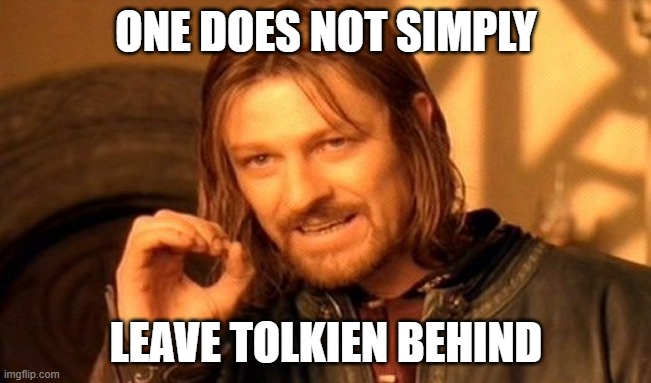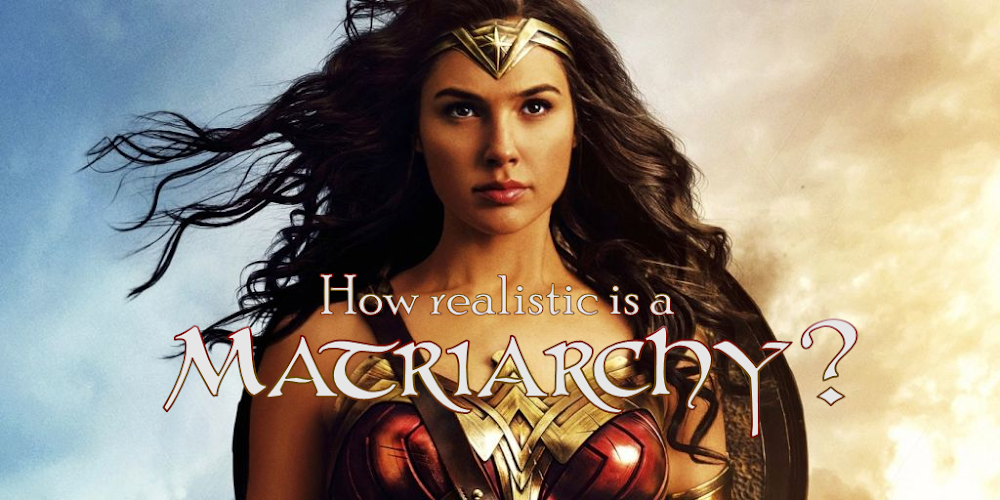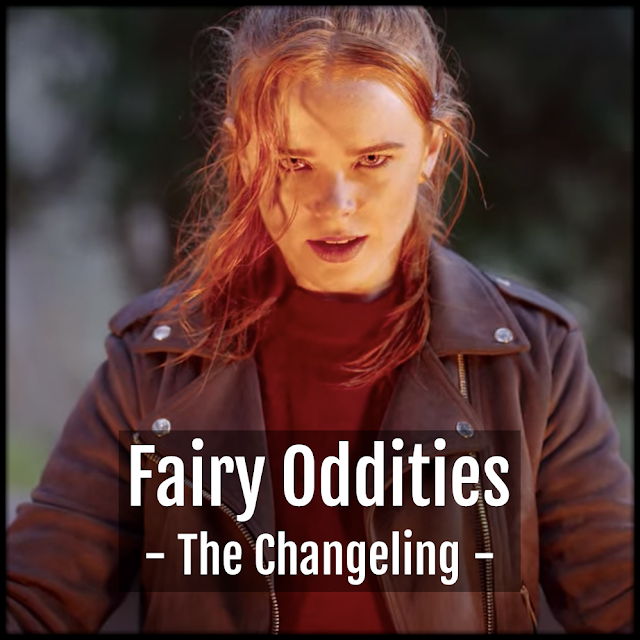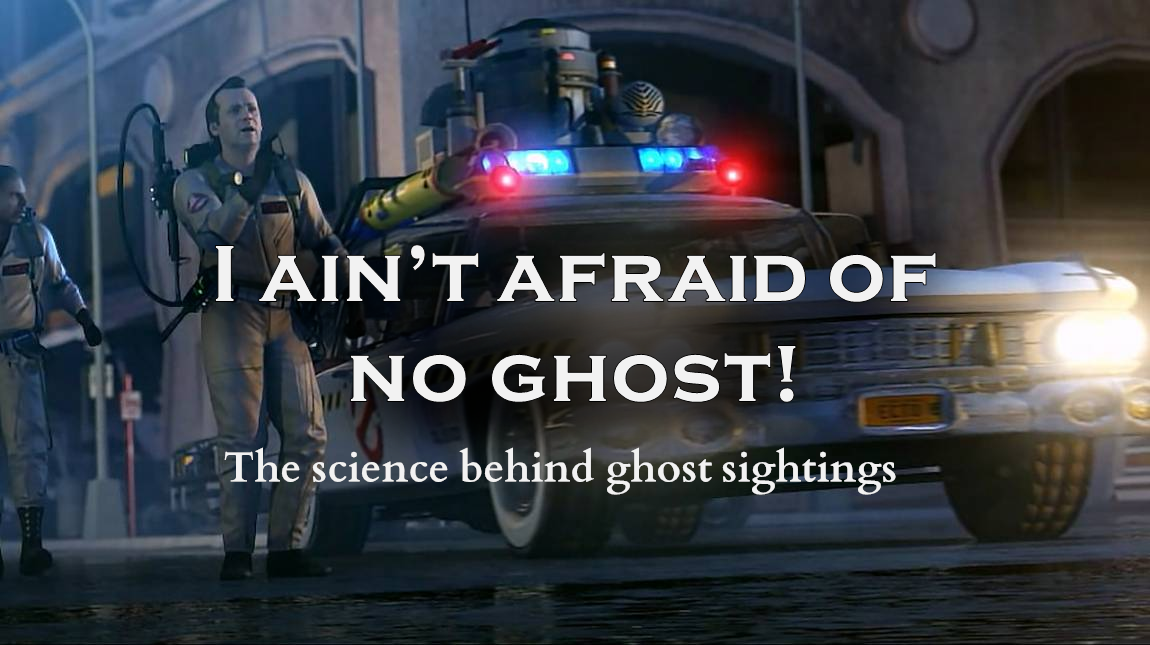“Realistic” fantasy worlds – A sidenote to the debate
One of the many good things about Twitter is that I can see what’s on the mind of people. (I completely took over our twitter account, so if you see tweets and comments that is me, Lory, in 99% percent of the cases.) A few days ago I saw a tweet about why everyone who writes medieval fantasy builds a society where they are oppressing women. If you can build any world you want and any kind of society why are there so many medieval European settings, and why most of them have strong patriarchy? For a long time, this just felt natural to me, but that tweet made me think too. Now I have some kind of explanation, and I thought this topic is worth at least one blog post.
I. On medieval European fantasy

You hear the phrase “write what you know” basically everywhere. I’m not exactly at peace with this statement. We’re writing a desert fantasy book as Europeans and I had many depressing nights when I wanted to throw away our WIP because according to this statement, we as white Europeans do not have the right to write a desert fantasy. But this is for another time. Nonetheless, many of us grew up with medieval Europe in our minds. All the fairy tales, the knights and kings, and the old fantasy books have medieval settings. It is familiar, well known, and safe. No one will claim you can’t write it because you can’t associate with it. Also, the godfather of all fantasy–Tolkien–wrote a medieval Europe inspired world, and it became the foundation of the genre. After reading many fantasy books of this kind, I personally got bored of it, and I welcome the new trend of fantasy books with other kinds of cultures. (I read about a book called Black Sun by Rebecca Roanhorse, coming this fall which is based on the Aztec culture and South-America and I am super excited about it.)
To get the medieval-Europe feeling, you need certain things, like heavy armors, swords, knights, and this includes that the state of women also should be as it was back then. That’s why they call it realistic.
II. Women dominated cultures

But really, if we can create any society and any alternative history why patriarchy is considered “realistic”? The short answer, because it is, but before you rage-quit from reading this post, hear me out! You may have already read a lot about ancient societies from me on this blog, but I have to bore you with more.
There is no evidence that real matriarchy ever existed. There were societies suspected to be female dominant because archeologists found a goddess as their center of worship, and there are ethnicities nowadays that have some form of matriarchy, but neither of these is the female equivalent to patriarchal societies. Sometimes they have matrilineality (when they trace their lineage from their mother and grandmother and so on) but not much else, in other cases, matrons rule over a family, but men have the political power. For example in the Mosuo culture in China, the oldest women was considered the head of their family, but the status of nobility passed on from father to son. We know very little about how people lived before the bronze age (or even during that), and there’s a slight chance truly matriarchal societies existed way before –like the amazons in Greek mythology– but for the bulk of our history, there’s only the concept but no execution.
It is worth mentioning though, that there always have been groups of women that lived outside the boundaries of a patriarchal society. In ancient Rome there were the Vesta Virgins, an order of priestesses with unique social standing. They had many rights ordinary women didn’t - they could observe gladiator fights, and their opinions were valued highly among… well, everyone. In Greece the heteras were also held high because of their erudition, but let’s not dance around the question, they were prostitutes.
III. Biology. The answer is always biology.

Okay, everyone learned history at school, but we are talking about fictional societies! Yes. Fictional societies, but human beings. If you are writing about elves, or aliens, or god-knows-what with different biology from humans, then all these things have nothing to do with you and the reality of your world. But humans have certain limitations. You can see from the examples above, that we can put women into two groups: 1. the mothers and daughters 2. the priestesses and whores. The first group is the rule the second group is the exception, and the main difference – and also the reason for one group to ignore some patriarchal stigmas while the other can’t – is childbirth.
Women were worshiped for their ability to create life, but it meant constant life-threatening danger for them. A woman can give birth only a certain number of times during her life, because, you know, nine months of pregnancy, then a very little baby, then a new baby, then menopause, and half of the children won’t live until adulthood. They are the very essence of society because no children -> no people -> no culture. On top of that women tend to die during labor. So a woman is both valuable and endangered. On one hand, they need to be protected (in men’s eyes), on the other hand, because of their value they could be used to trade and to gain political power. I know it sounds horrible, but if we put aside every moral, I think it is understandable. This is just human nature. It allowed the population to expand at a rapid rate (one man + lot of women = a lot of children, even if half of the children and women die in the process), and outgrow those societies that may have been matriarchal.
I don’t say, that we can’t imagine a medieval (and before) society where women have rights. Actually, women had many rights among the Vikings, for example, but the most they could achieve was some kind of equality. And even then, male-centered societies outgrew these. This is why I think, that these patriarchal societies in fantasy are not necessarily good, but realistic even if it is an imagined society and history. Because if you write about humans, you have to paint them as such - and humans are like that.
Lory



Comments
Post a Comment